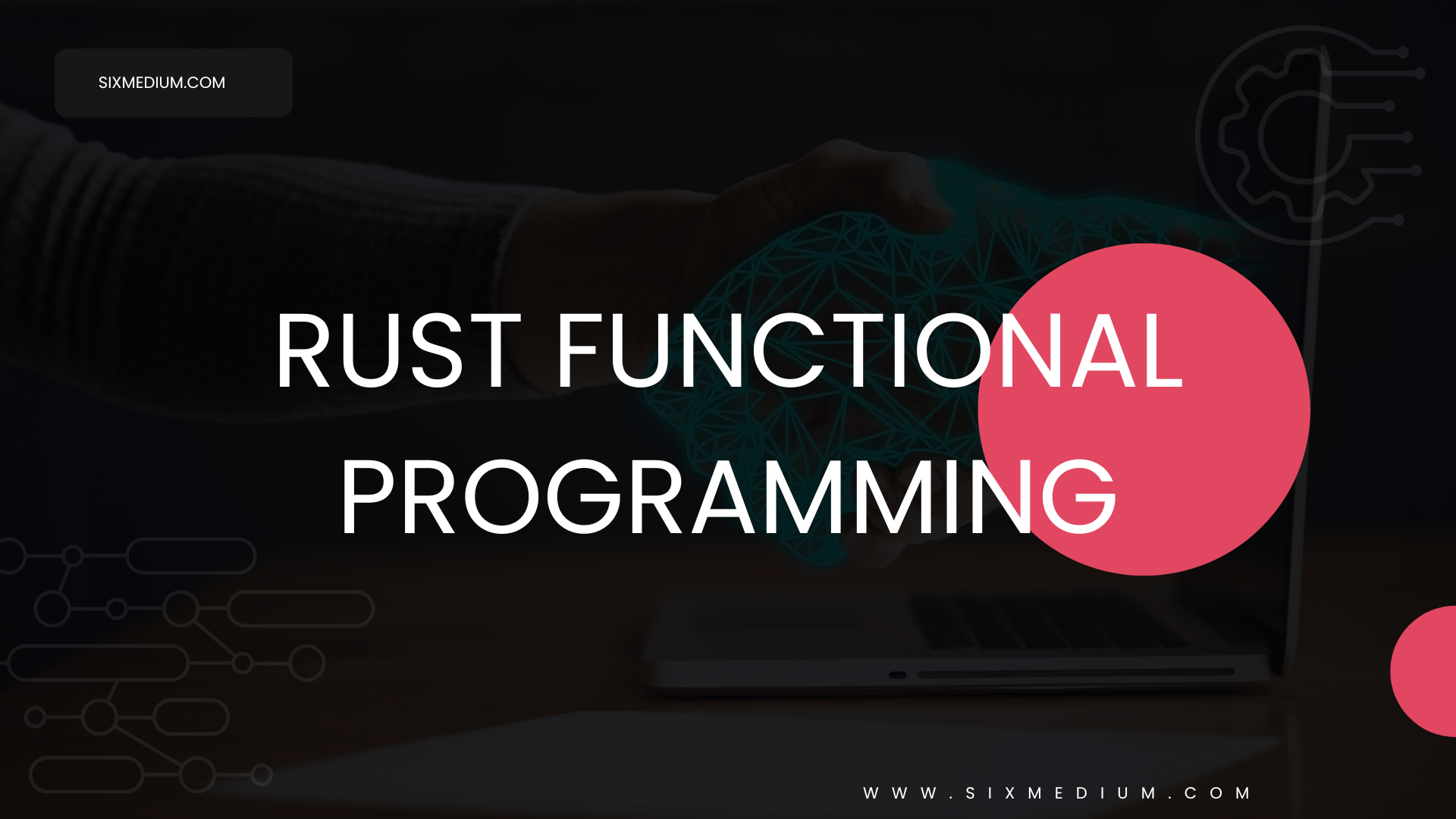Introduction: Unlocking Rust Functional Programming
Functional programming isn’t just for wizards; it’s also for Rust developers! In this guide, we’ll delve into Rust’s Functional Programming capabilities, exploring how this versatile language offers nifty tools for functional programming. Let’s see how these tools can make your coding experience easier and safer.
Immutable Variables: The Building Blocks
In Rust, variables act like treasure chests you can’t change once opened. This “immutable” nature keeps your Rust code tidy and free from unexpected surprises, providing a sturdy foundation for your projects.
First-Class Functions: Code Like a Pro
Rust treats functions as superheroes in the realm of Function Programming. You can pass them around like messages and even create new ones on the fly. This flexibility empowers you to craft elegant and efficient solutions to problems using Rust’s functional programming techniques.
Closures: Coding in Your Comfort Zone
Closures are like mini-programs in Rust’s functional programming that can access their surroundings. They’re handy for keeping your code organized and simplifying complex tasks.
Pattern Matching: Sorting Hats for Code
With Rust’s pattern matching, you can quickly sort through data and make decisions. It’s like using magic spells to direct your code down the right path in the world of Rust’s functional programming.
Rust Iterators: Your Trusty Sidekicks
Rust’s iterators are trusty sidekicks in the world of functional programming that help you navigate collections of data. Use them to filter, transform, and crunch data like a pro.
Option and Result Types: Safety Nets
In the function programming world of Rust, we rely on Option and Result types to handle errors. Think of them as safety nets that ensure your code won’t crash unexpectedly. They’re essential tools for robust Rust coding.
Benefits of Functional Programming in Rust
Functional programming in Rust brings significant benefits—it makes your code safer, more readable, and easier to maintain. It’s not just a fancy trick; it’s a game-changer for developers embracing Rust’s functional programming techniques.
Advanced Techniques: Mastering the Craft
Take your Rust function programming skills to the next level with advanced techniques like monads and design patterns. These can elevate your code, making it more robust and expressive.
Conclusion
Embrace function programming in Rust. It’s not just for experts—it’s a toolkit that can simplify your code and make you a more efficient developer. Explore these concepts and unlock the full potential of Rust.
Resources for Learning More
Ready to dive deeper into Rust functional programming? Check out these resources:
Now, it’s your turn to harness the power of functional programming in Rust and create amazing software. Happy coding!


